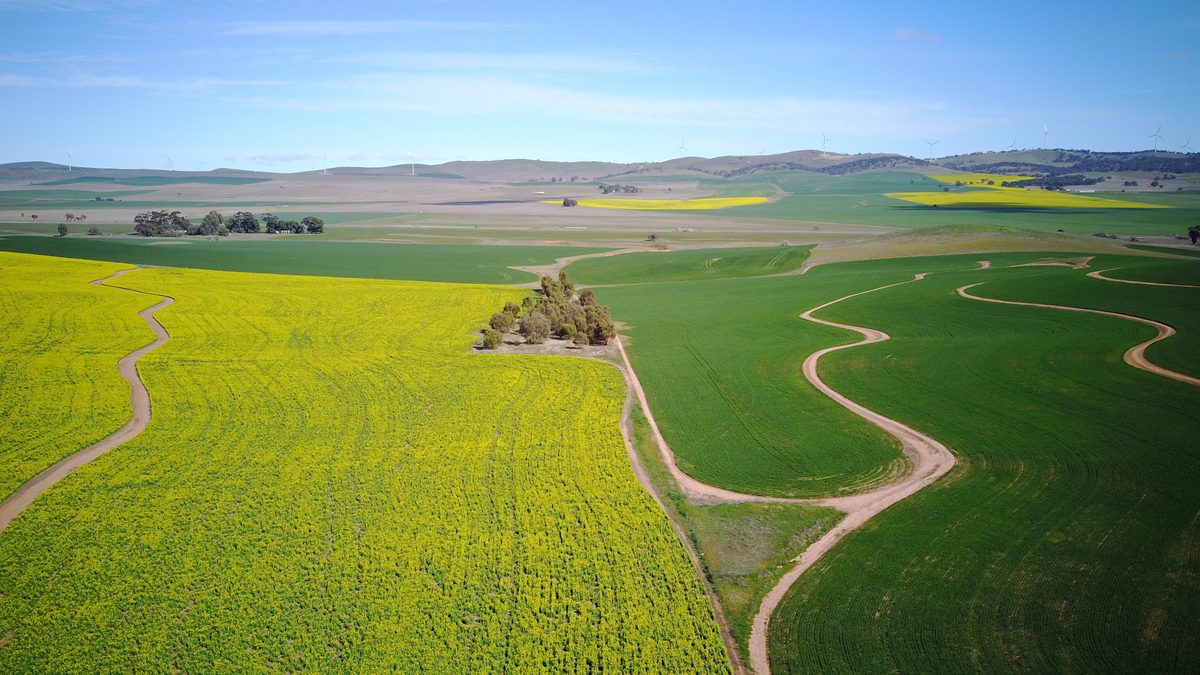Maintaining Healthy Soils
In South Australia, healthy soil is vital in supporting our primary industries and agribusiness which in 2020/21 was worth around $22 billion to the state and employed around 74 000 people. Soils underpin our food, fibre and renewable-fuel systems, and also provide important beneficial environmental functions. Soils play a key role in the provision of clean water and resilience to flooding and drought. The largest store of terrestrial carbon is in soil organic matter, which also stores moisture and nutrients. Hence protecting and enhancing soil carbon also helps to buffer climate change and rising temperatures, providing an important contribution to managing climate change.
Farmers across the state recognise the importance of soil health in our overall ecosystems, and are working on innovative ways to improve soil health and resilience on their properties. It is a challenge to all of us to consider how our soils are involved in producing so many of the products that we consume in daily life.
The maintenance and enhancement of soil resources is essential if our future needs for food, water, and energy security are to be met.
Did you know?
- Our soil is a non-renewable resource. It takes up to 1000 years for a centimetre of new soil to be made naturally.
- Healthy soil is the key to food security and nutrition for all – 95% of our food such as fruit, vegetables and grains comes from our soil. As well, most of the animals for human consumption feed on plant life.
- Soil is teeming with life. As the reservoir for at least a quarter of global biodiversity, soils demand similar attention to aboveground biodiversity.
- There are more organisms on one teaspoon of healthy soil than there are people on earth (over 7 billion last year).
- By 2050, demand for food and fibre will increase by 70% to meet the demands of a growing world population.



